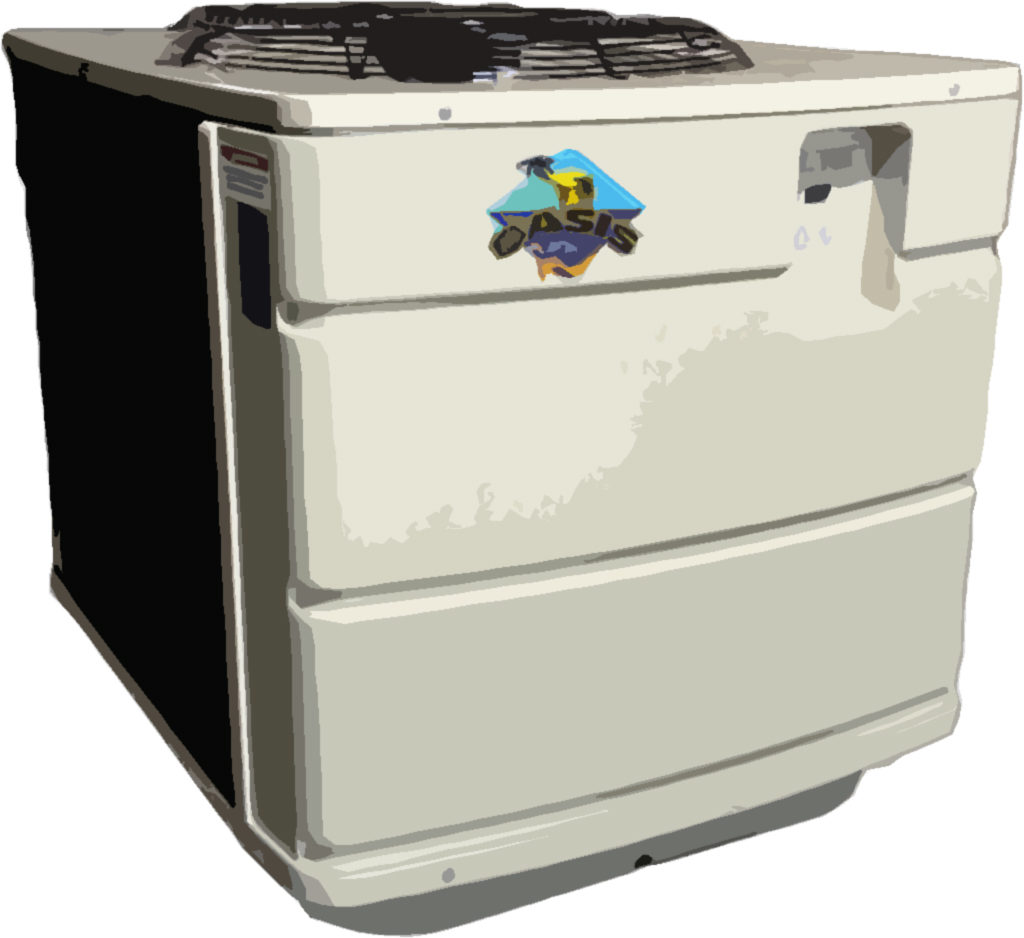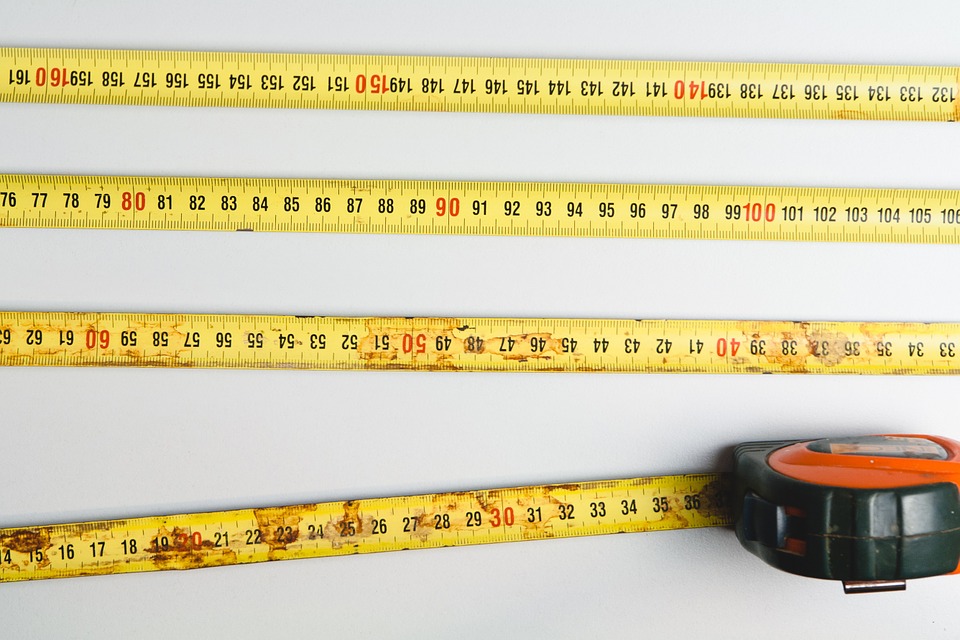Have questions about swimming pool heat pumps?
Keep reading.
This post should answer them.
What are swimming pool heat pumps?
Swimming pool heat pumps are one of the most eco-friendly and energy efficient pool heating solutions on the market. And they’re the preferred pool heater of countless pool owners across the nation. But you may be wondering, “why”?
The answer to that question lies in understanding how swimming pool heat pumps work, and how they differ from other pool heaters. And that’s what we’re covering in this post. From the long-term benefits of pool heat pumps, to pool heater comparisons and sizing.
So if you’re, for instance, some who wonders how a swimming pool heat pump compares to a gas heater, or how much you can save by using one, this is the guide for you.
With that said, let’s get right into it.
How does a pool heat pump work?



Before anything, let’s identify the main parts of a swimming pool heat pump.
These parts are essential to the heating process:
- Fan
- Evaporator Coil
- Compressor
- Heat Exchanger
The Heating Process
It all starts when an electrical current is applied, powering up your swimming pool heat pump. Using a minimal amount of electricity, the pool heat pump starts spinning its fan. The fan pulls in natural, warm air into the unit through an evaporator coil located on the side.
Inside of the evaporator coil lies an eco-safe refrigerant solution that combines with the harvested air, turning it into a warm gas.
Next, the warm gas is pumped into the compressor, where it’s compressed into a hotter gas.
From there, the hot gas travels to the heat exchanger, heating up a coiled titanium tube that runs through the center. As water flows through the exchanger, it passes over the hot tube, gradually heating up with each cycle.
The pool heat pump stops heating once it reaches a pre-set temperature — when the water temperature drops, the heat pump kicks back on to warm things up.
[Want a more in-depth explanation? Check out this post: How Do Air-Source Pool Heat Pumps Work?]
How much electricity does a swimming pool heat pump use? | Energy efficiency
Even though pool heat pumps need a dedicated electrical line to work, they’re still incredibly energy efficient. In fact, most pool heat pumps offer a Coefficient Of Performance of 6.0. This means that the pool heat pump produces 6 units of heat energy for every unit of energy it consumes, which is pretty darn efficient. And that’s possible because of the way swimming pool heat pumps work.
As mentioned earlier, pool heat pumps don’t actually use electricity to produce heat like electric resistance heaters do. Instead, they use a small amount to spin their fan and compress harvested heat when needed. Hence why their pull on electricity and monthly operation costs stay so low in comparison to other heaters.
Here’s a bit more on the topic: How Much Electricity Does A Pool Heater Use
How long do swimming pool heat pumps last?
We’re happy to tell you, that out of all pool heaters types, swimming pool heat pumps have one of the longest lifespans.
On average, they last around 10 years before needing significant repair. But a well-maintained pool heat pump can easily last twice as long.
That’s the beauty of pool heat pumps — they’re a lot like cars. If you keep them serviced and treat them good, they’ll treat you good right back.
And on that note, here are a few helpful and related resources:
How Long Does A Pool Heat Pump Last?
Why Pool Heat Pump Maintenance Is Essential
Pool heat pump sizing



Truly, there’s only one factor you have to keep in mind when sizing a pool heat pump: the size of your pool
With that said, a standard size pool heat pump can typically cover a small to medium backyard swimming pool. But for bigger or custom-shaped pools, accurate pool heat pump sizing is a must.
Oh, and while on the topic of pools, just a quick FYI: As a pool owner, you can use heat pump pool heaters for inground pools or above. They work great on both, the only real difference is the installation process.
Learn about pool heat pump sizing in this post. Or, we can do the sizing for you — just enter your pool measurements into our pool heat pump sizing form.
On that note, in comes one of the most popular concepts in pool heating.
Pool Heat Pump Pool Heaters vs Gas



For years, pool owners have questioned how these two heaters differ. Eager to discover which one reigns supreme.
But the way these pool heaters differ is precisely why there’s no such thing as “best”. And that’s because “best”, is heavily defined by what you, as a pool owner, value most for pool heating.
Are you someone who favors speed and convenience, or affordability and energy efficiency?
Pool Heat Pumps
With pool heat pumps, you have efficient performance and cost effective heating at the forefront. They’re eco-friendly, have long lifespans, are more easily repaired than gas heaters.
However, pool heat pumps are also limited by temperature.
In warm weather, pool heat pumps go strong. But when it drops below 50 degrees, things change. At such low temperatures, there’s hardly any warmth in the air to harvest, so performance drops. In response, the units shut down to prevent themselves from overworking (also as a defense to potential freeze damage).
Of course, if you don’t usually swim in the winter, or live in a warmer area, then this isn’t really a huge concern.
Gas Pool Heaters
On the flip side, gas pool heaters offer fast heating that’s unrestricted by weather.
But they also run on gas, which means that operating them requires a gas source. Most often, that source is in the form of a city gas line or a backyard propane tank.
Needless to say, the level of convenience gas heaters bring comes at a price. In regards to your monthly pool heating bill, expect to easily pay twice as much (often more) as you would with a pool heat pump.
[Curious to know more? This post has the answers: Heat Pump Pool Heater vs Gas]
Wrapping it up
So there you have it. A quick run down of swimming pool heat pumps. Now, you know exactly how they work, how much they cost to run, and how they compare to other pool heaters.
So from here, making a decision for your pool heating needs should be easy. But if you’re still thinking, consider checking out the benefits of using a heat pump.
However, we should mention something — choosing a pool heat pump comes with a little bonus:
Immediate access to a wealth of knowledge, helpful tips, and professional services that’ll keep your heater going strong for years to come. All right here


